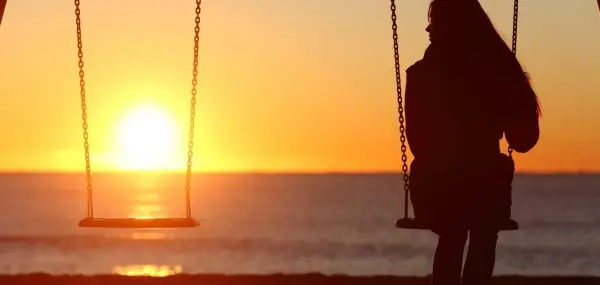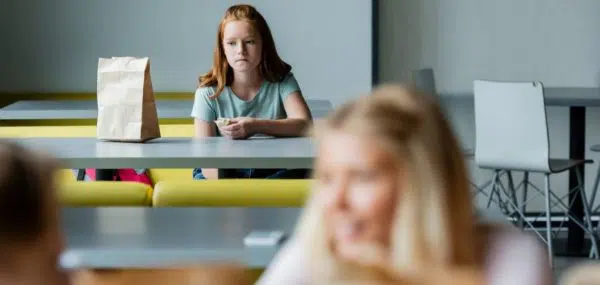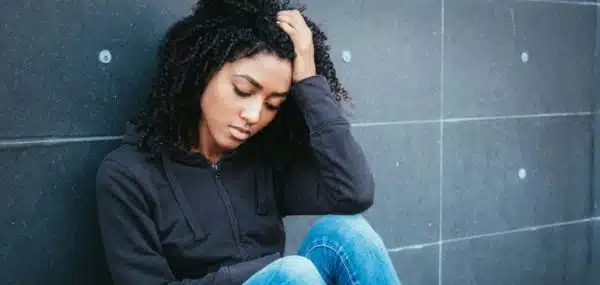As my husband and I were driving to my 10-year high school reunion, I was telling him about my one regret from high school. I was a bully in high school. I had been unkind to a girl named “Gina”.
Arriving at the party center, I stepped right out of the car and into Gina. God had ensured that she, out of the five hundred graduates from my class, was the very first person I saw. He placed her waiting alone, smiling, approachable, and in perfect position to receive her well-deserved apology. We exchanged pleasantries, but I made no audible request for forgiveness. I was afraid that she would not accept my apology, and I had a perfect evening to attend.
My High School Reunion Worries
Unfortunately, I fared no better at the 20-year high school reunion. I might have actually apologized, but Gina’s unexpected comments about how sweet I was in high school waylaid me. At first, I felt thrilled and relieved. Then, I was puzzled. Was her comment sarcastic? Had her memory lapsed? Had mine?
Let us review the climate of the social jungle at “Large Typical Public High School” in the early ’80s. There was an unofficial social-distribution curve that everyone respected. There was the Profoundly Cool Group, the Moderately Cool Group, the Mildly Cool Group, the Uncool but Happy Group, and, finally, the group of mercilessly bullied individuals. Sadly, once a person entered a group, that person rarely graduated to another.
I was comfortably seated in Moderately Cool. Gina was bullied and locked on the lowest social rung. Still, she attempted the undoable, she ignored the social hierarchy and tried to share my seat, recklessly striving to skip entire social categories. Was she impervious to the cinderblock that divided the groups, or was she the bravest teenager ever to attend “Large Typical Public High School”? Either way, I found her intolerable. Her constant attempts to befriend me threatened to land me in the same group in which she sat.
High School Regrets From Years Ago
I wince when I recall my reaction when Gina tried to break the commandments of the Cafeteria Social Bible. It was mid-year, and the lunch-table cliques were firmly established. In typical fashion, Gina defied the entire order, planting herself at my table. Not only was this potentially socially damaging for me, but there was now no chair left for me. Furious, I created a makeshift social annex with some friends at a nearby table. I ranted loudly throughout lunch and then Spanish class, always within earshot of Gina. After all, I had a right to eat lunch with my amigos!
Why did I assert my “rights” so publicly and at such high decibel levels? I can only assume my actions served as an attempt to distance myself from Gina in the eyes of my classmates. Gina got the miserable point about lunch. The next day, I ate with my friends, exactly as I had for more than a hundred days before the invasion. I squelched any guilt I felt over the ordeal by indulging in an extra order of fries.
Teaching Kindness After Causing Hurt
So, how do such incidents influence how I parent? Teenagers float in a social sea that they will navigate with varying parts kindness and self-preservation. Even my “sweet” kids may inflict pain on others, and may receive the same measure from other “sweet” kids. In the context of a despicable social scene, my messages to my teenagers about compassion and empathy may only go so far; yet, I must never stop teaching kindness and trying to deliver and model these messages.
Fast forward to a beautiful spring day in 2008. I am taking a walk with my daughter, age seven. This is not a pleasure walk, however, because we are on a mission to little Alley’s house. With grim faces we will march up that driveway, knock on the door, and my daughter will properly apologize for not being “nice.” At home my teen daughters sympathetically argued on behalf of their sister, as they recalled making similar uncomfortable apologies. I answered them eloquently as I departed with the little one. “Right is right and that’s what’s right and when you know what’s right you do what’s right and that’s it!”
Perhaps I should have responded differently, explained how real the hurt is for Alley, how important it is to apologize, how the hurt can never be undone, and how one has to try anyway. Perhaps I should have said how this chat would profoundly change the way I was planning to spend the cocktail hour at my 30-year high school reunion.




